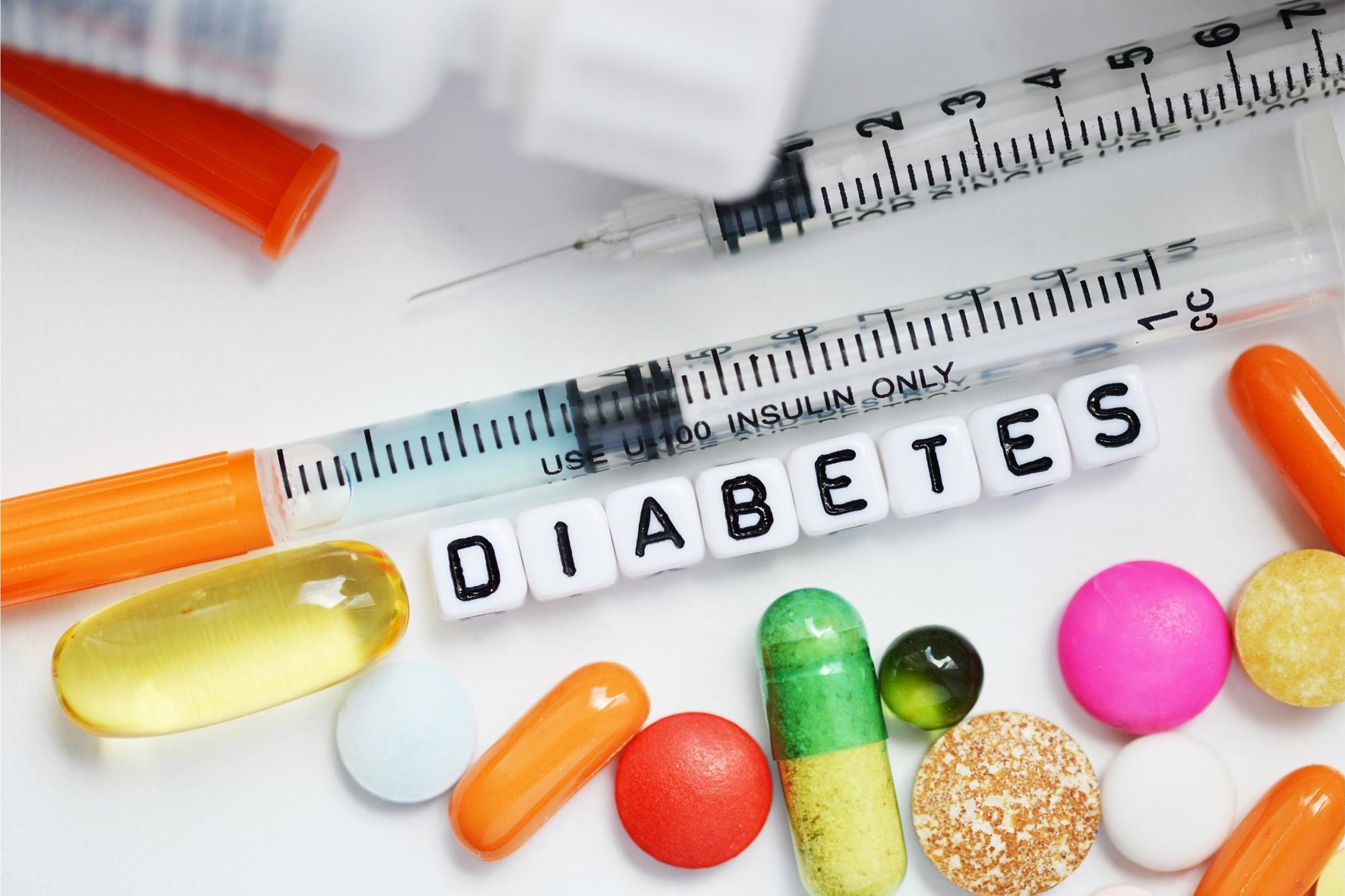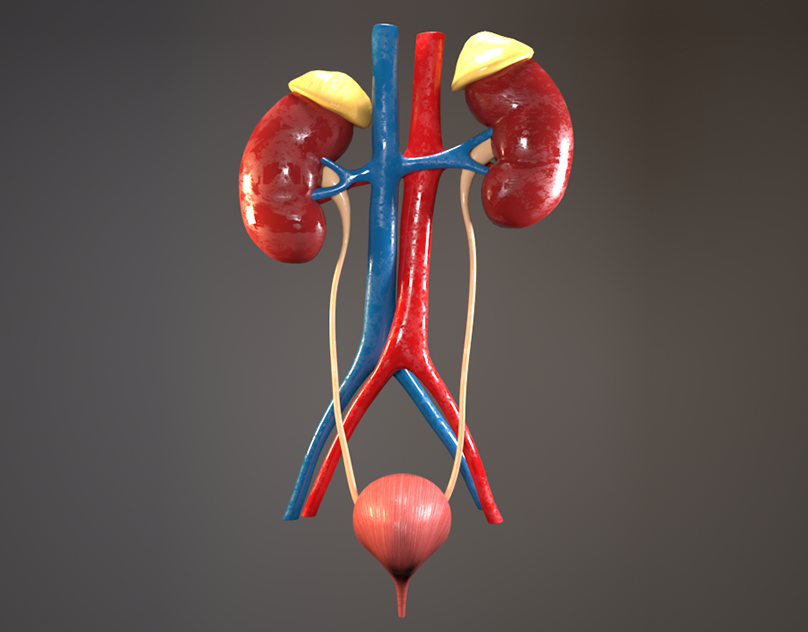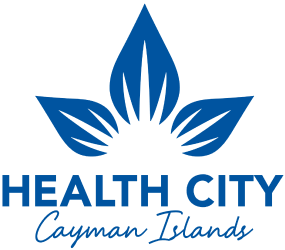
Heart Thickening: Are You At Risk?
January 5, 2024
Heart thickening, or hypertrophic cardiomyopathy, is one of the most common genetic cardiac disorders. On average, 1 in 500 people in the general population of a country is known to suffer from the condition.
What is Heart thickening AKA Hypertrophic Cardiomyopathy?
Hypertrophic Cardiomyopathy occurs due to the thickening of the heart muscle that causes the walls of the ventricles to thicken.
In cases of obstructive hypertrophic cardiomyopathy, the thickening of the heart wall restricts the blood flow out of the heart. Sometimes, the septum tends to stiffen and bulge into the left ventricle. This too impedes blood flow making the ventricle work harder to pump blood out into the body.
This heart ailment can often lead to mitral valve thickening, which causes blood to leak backward through the valve. In this case, the blood flow is not obstructed, but the left ventricle becomes unable to relax. This condition of chamber wall thickening is known as non-obstructive hypertrophic cardiomyopathy.
What Causes Heart Thickening?
The thickening of the heart is hereditary, the main cause being autosomal dominant genetic disorder. Patients suffering from heart thickening often possess an abnormal arrangement of heart muscles or myofiber disarray. The thickening of the heart wall can also occur due to ageing, high blood pressure, diseases of the thyroid gland, and diabetes.
Symptoms
The following symptoms can arise in the case of hypertrophic cardiomyopathy:
- Shortness of breath especially during exercise
- Chest pain during exercise or after heavy meals
- Fainting tendencies, during and after strenuous activities
- Extreme fatigue
- Palpitations
- Heart murmur
- Diagnosis
The thickening of the heart muscle is usually diagnosed based on medical history. Doctors may advise the following tests for patients who show symptoms of thickening of the heart.
- Physical examinations like blood pressure, heart rate, body temperature, and overall appearance
- Echocardiogram
- Blood tests
- Electrocardiogram
- Chest X-ray
- CT scan
- MRI

Treatment
After a thorough screening and risk identification, doctors may advise medications or recommend that the patient goes for surgery.
Common medications for heart thickening include beta-blockers and calcium channel blockers that relax the heart muscle, allowing it to pump more efficiently. Cardiologists may prescribe certain other medicines to decrease the occurrence of arrhythmia.
Is Surgery Required?
Surgery may be advised to patients with serious thickening of the heart but only when medications are not effective. Usually, surgical operations are performed for hypertrophic obstructive cardiomyopathy. The procedures may include:
Septal Myectomy – Removal of a small amount of thickened septal wall to remove the blockage in the passage of blood
Ethanol Ablation – Cardiac catheterisation procedure in which pure alcohol is used to kill the cells, leading to the walls shrinking back to normal size
Implantable Cardioverter Defibrillators (ICD) – For high-risk patients who face chances of sudden cardiac arrest
Lifestyle Changes to Adopt
Diet – Patients should follow guidelines outlining the intake of alcoholic and caffeinated beverages.
Non-competitive aerobic exercise can be done.
Regular follow-up visits to cardiologists to monitor the condition.
Also read: Healthy Eating as a Lifestyle
Heart thickening symptoms are often overlooked and can cause sudden cardiac arrests among young people. Even common concerns of the heart should not be ignored and immediate checkup should be done to ensure the healthy, normal functioning of the heart. Most patients have almost normal life expectancies, with the mortality rates at about 0.5% per year.













